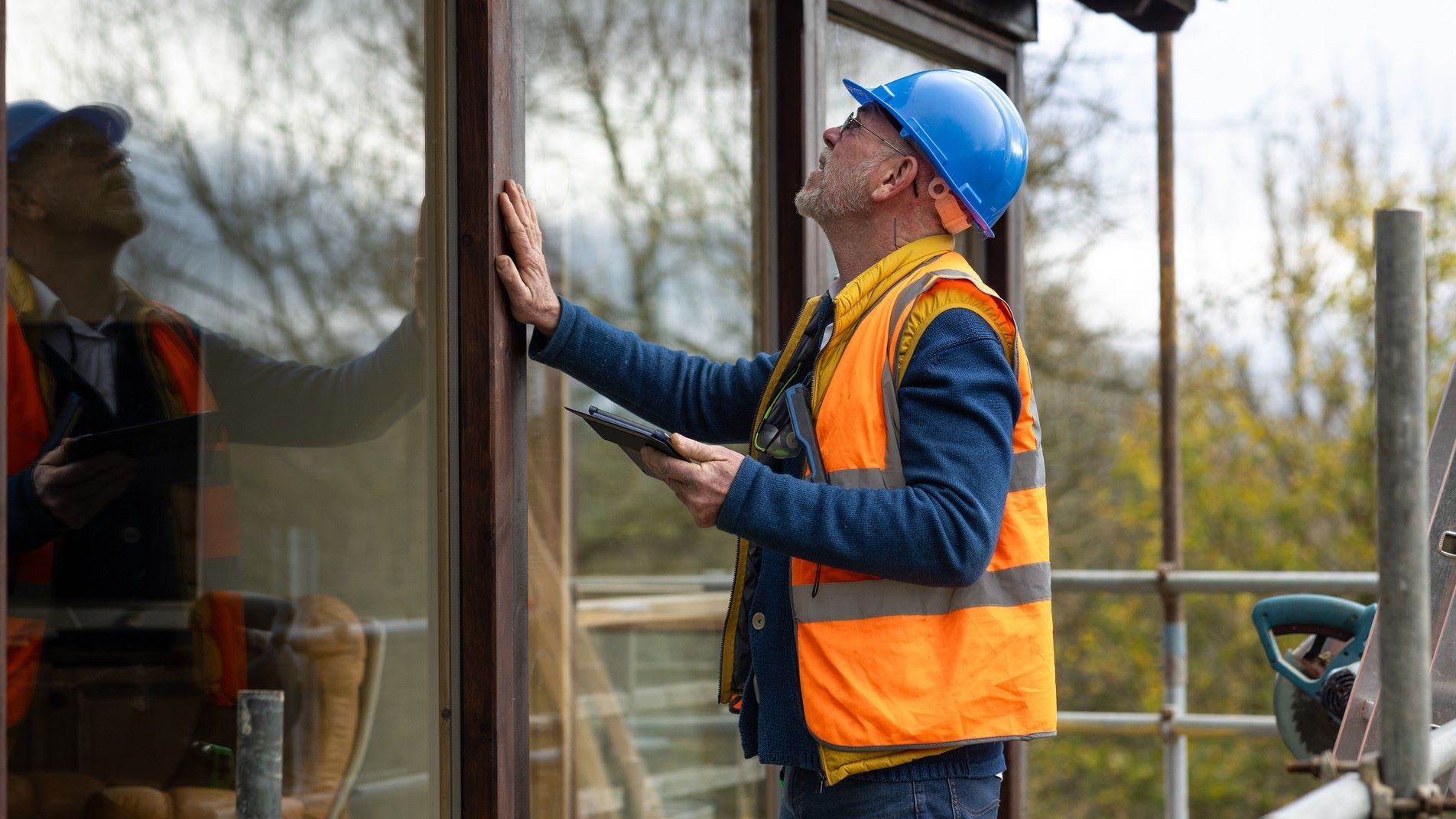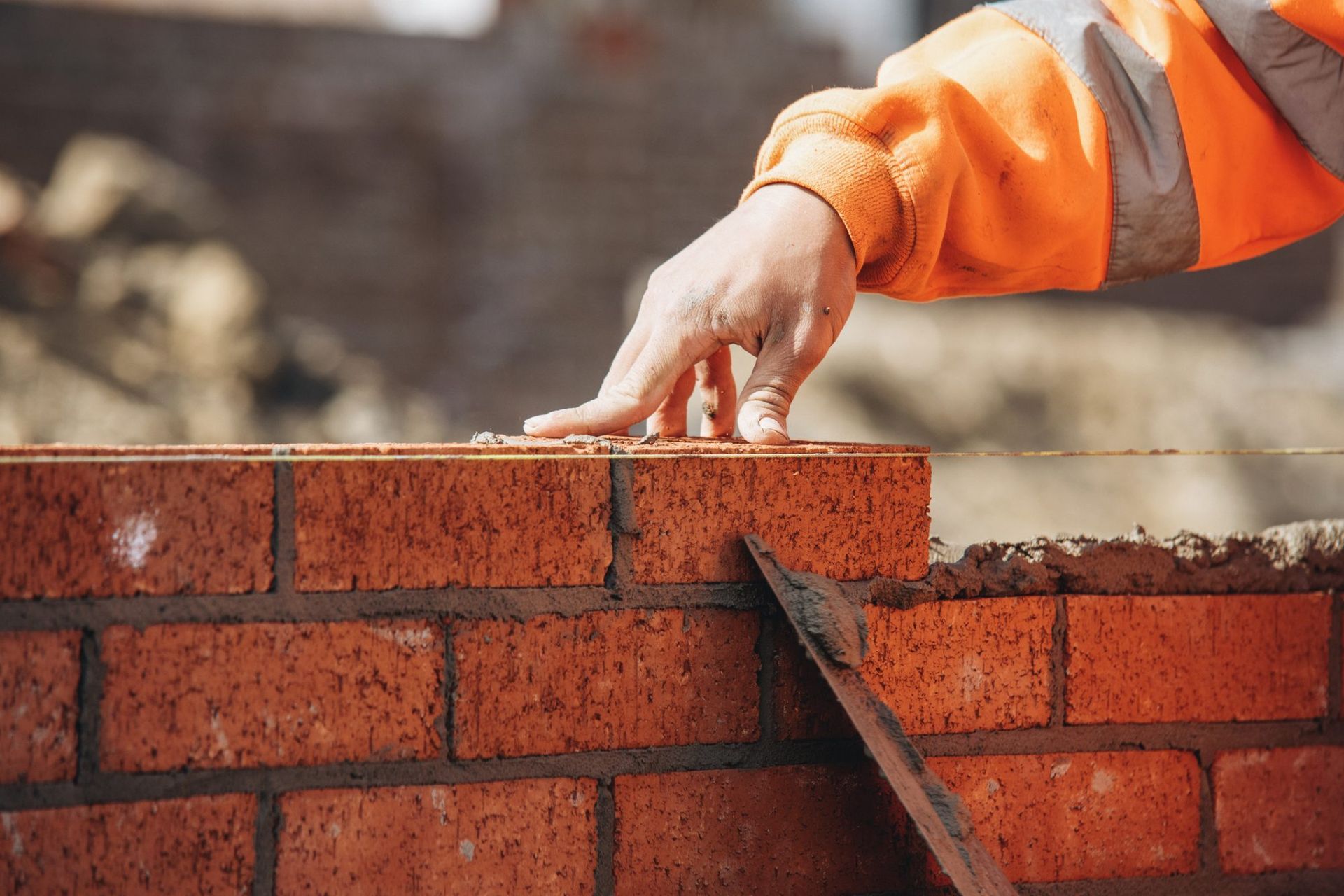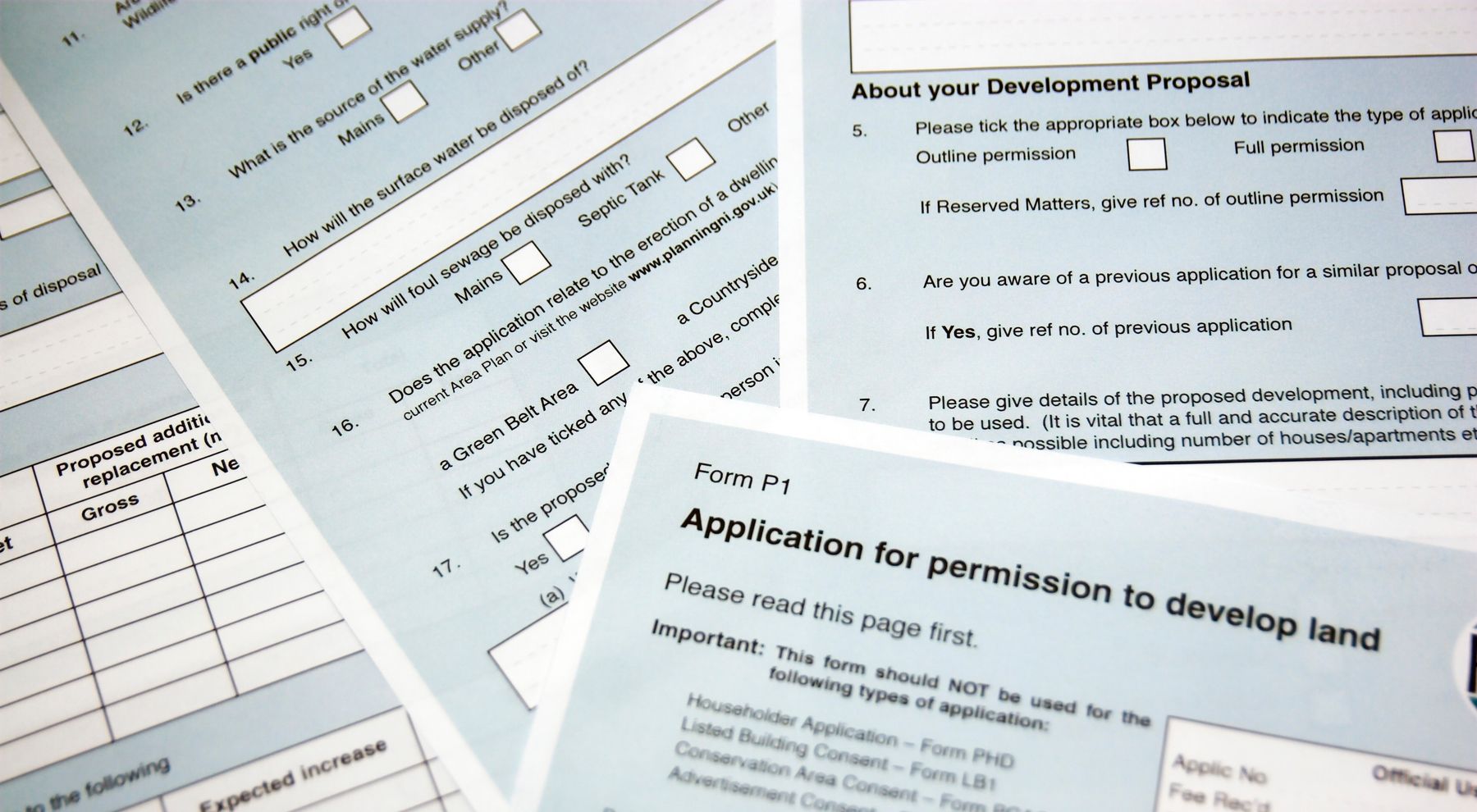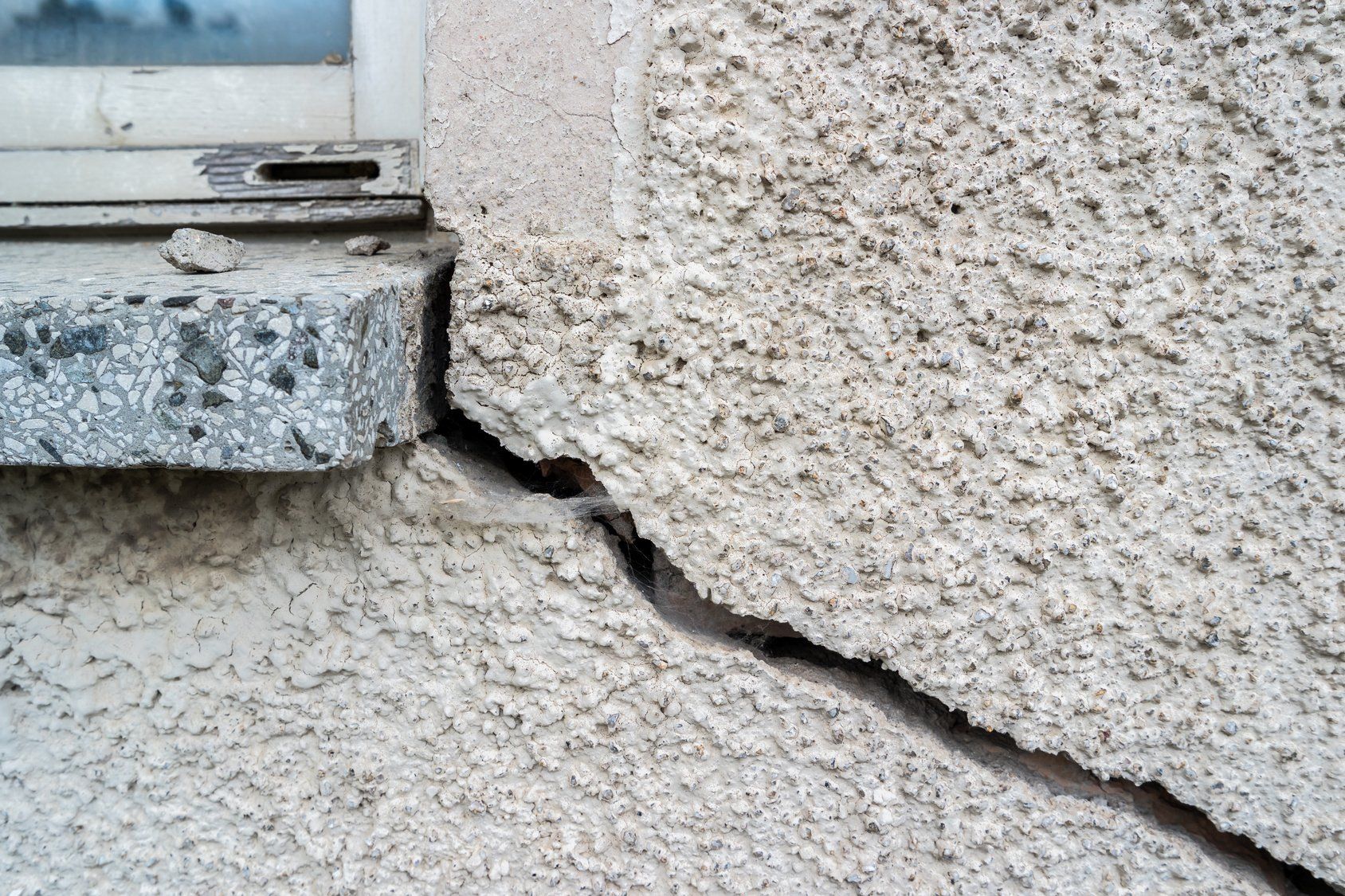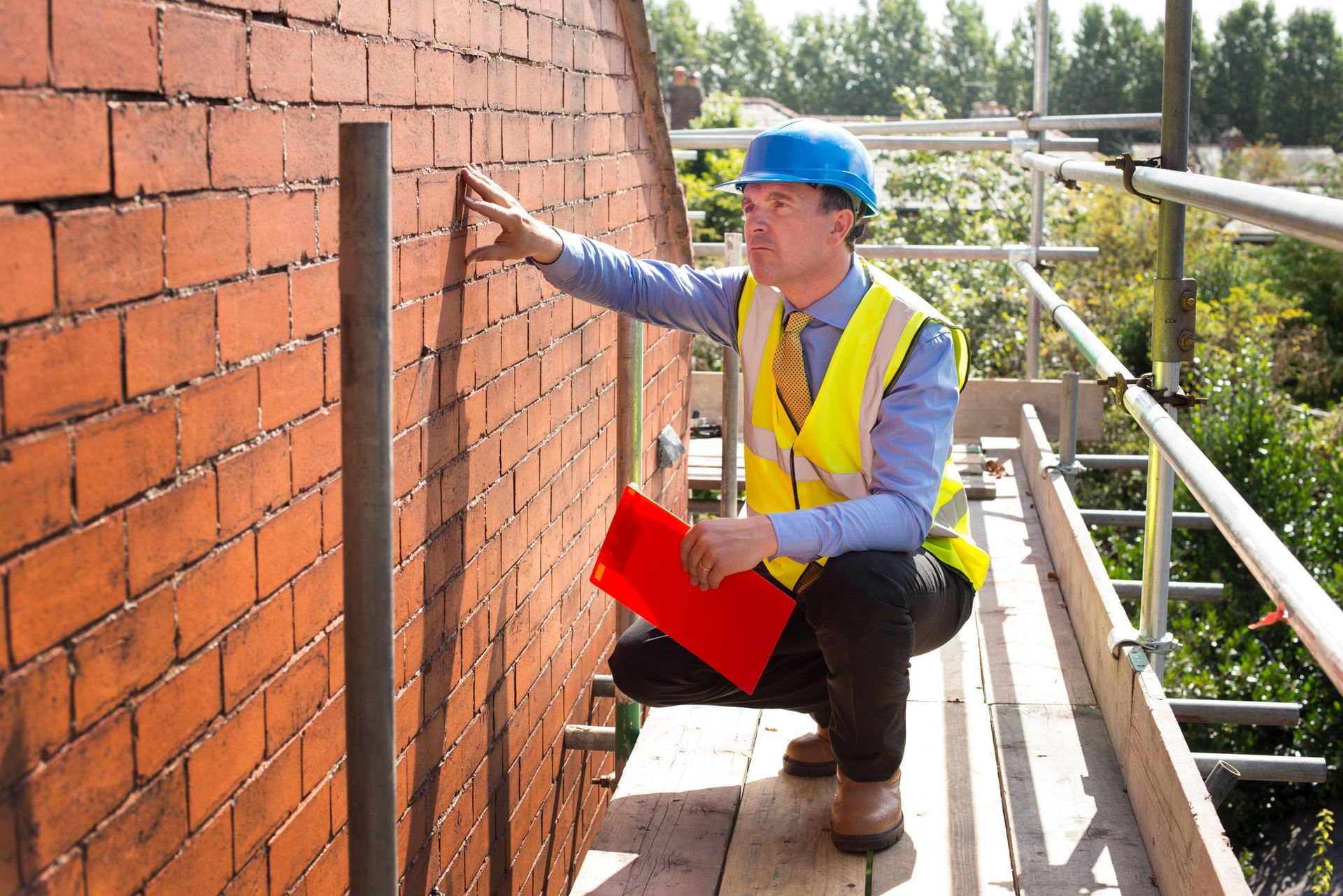Party Wall Agreements: Advice for Adjoining Owners
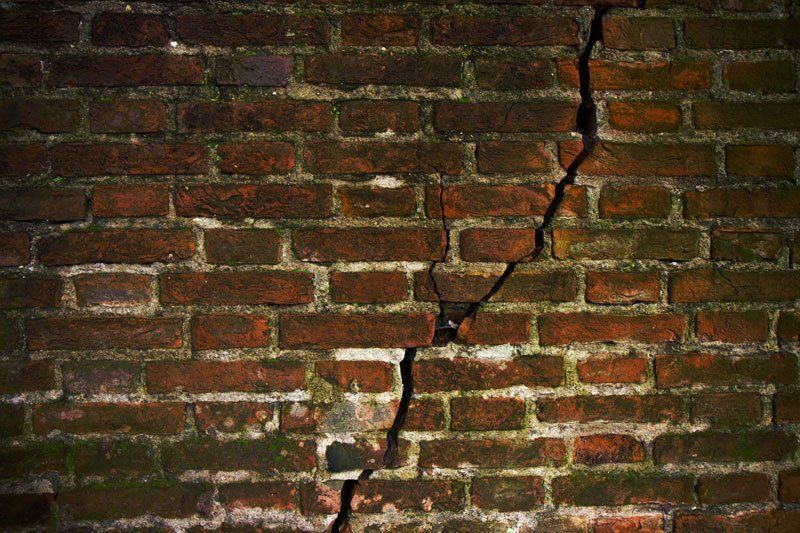
According to the Party Wall Act 1996, should a property owner wish to perform any modifications to their property that affects a shared wall, they must follow a precise procedure to protect both their interests and those of the affected adjoining owner. In an ideal scenario, the building owner has taken the time to discuss the proposed plans with their neighbours well in advance. However, it’s not uncommon for adjoining owners to only be made aware of the project when they receive a Party Wall Notice. Regardless, it’s crucial that the adjoining owners understand their rights and how their response will affect the process.
What Rights Do Adjoining Owners Have?
In return for the building owner to be able to carry out the proposed work, they must comply with the Party Wall Act, including notifying all adjoining owners in advance of the work starting. They also have a legal duty to rectify any damage caused by the work. Although adjoining owners don’t have the power to stop the work from happening completely, they can do the following:
● Influence how and what times the work is performed.
● Appoint a surveyor to facilitate dispute resolution.
● Ask for security to protect the adjoining property from any potential damage.
● Not tolerate any unnecessary inconvenience.
● Receive compensation for any damage or loss to property.
How Can Adjoining Owners Object?
When adjoining owners receive a Party Wall Notice, they can opt to consent or dissent it. If no response is made after 14 days, the parties are deemed to be in dispute and must then hire a surveyor to agree to a Party Wall Award. The Party Wall Award is a legally binding document for all parties, which lays out the details of the proposed works, as well as all safeguards agreed to ensure that the work poses minimal disruption or damage to the adjoining owners.
Receiving a Party Wall Notice
The first option you have as an adjoining owner who has received a Party Wall Notice is to consent to the proposed work. This option is not often recommended as it leaves your property vulnerable to associated risks that the building owner may not be considered responsible for. Even if you don’t have concerns about the work, dissenting in order to have a Party Wall Award drafted is a sensible course of action as the current condition of your property will be documented.
Opting for a Shared or Separate Surveyor
It’s up to you to decide whether you’re comfortable with sharing the same surveyor as your neighbour. This is a common practice, and the surveyor is obligated to act impartially. However, it’s crucial that the chosen surveyor is versed in Party Wall matters, including Schedules of Condition and Party Wall Awards. If you’re unhappy with sharing, you can employ your own separate surveyor. The two surveyors will then negotiate the terms of the Party Wall Award and come to an agreement that is fair and reasonable for both parties.
Reliable & Experienced Party Wall Surveyors
At Simon Levy Associates, we are extensively versed in
party wall matters and can act on behalf of either party (or as a joint-appointed surveyor) for renovations, construction and demolition work. Need assistance with making changes to a party wall, or are you an adjoining owner who needs help understanding how party wall alterations will affect your property?
Get in touch today.


